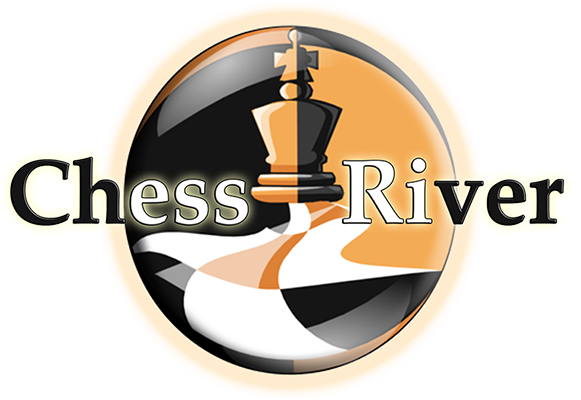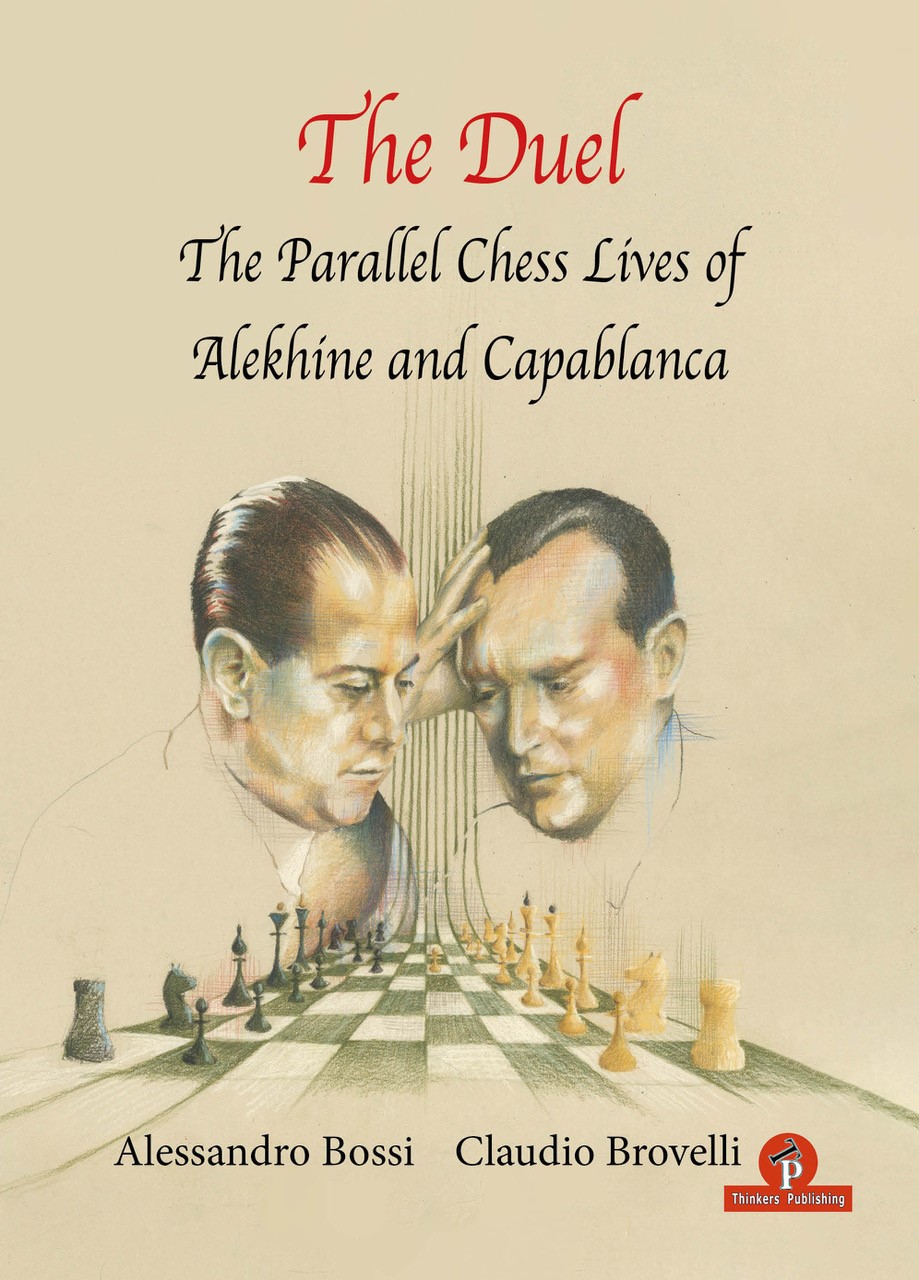I am convinced that to cultivate the memory of the past and to study the classics is always useful and worthwhile, not least because it enables us to understand and face with greater awareness the facts and the problems of the present time. Much has already been written about the giants who have preceded us, and in particular, the Cuban, José Raúl Capablanca, and the Russo-Frenchman, Alexander Alekhine, but a new approach can surely offer different and interesting perspectives. In The Duel, Alessandro Bossi and Claudio Brovelli go deep into the lives of these two legendary World Champions, who have left their mark in an unforgettable manner on their epoch (the first forty years of the 20th century) and who remain – in part, due to their very different personalities and relationship with the game – inimitable examples for all the chess-playing generations to come. The choice to present in parallel the two biographies (in my opinion quite rightly so), shows clearly and effectively similarities and differences, not only in the style of play, but also in the approaches to life of the two protagonists. With very precise historical descriptions and presenting the events in chronological order, the authors accompany us on a journey alongside the lives of these two legends of chess. In this fashion the personalities emerge, in many ways antithetical but equally fascinating: Capablanca, friendly and charming in society, precocious, genial and nearly invincible on the chessboard, and Alekhine, who combined a wonderful talent with a capacity for work, a competitive attitude and an energy which was truly enviable. Alekhine was rational and focused in pursuing his objective to supersede his rival. The Cuban champion represented for the younger Russian player a reference and a model – firstly, to be studied from a critical and highly penetrating perspective and then to be surpassed and beaten. The fact that, after wrestling the world title from him in the year 1927, Alekhine had always refused Capablanca.
The Duel, the chance of revenge will always remain a cause of regret for chess fans, but it also demonstrates that the new World Champion was fully aware of having performed a feat that was perhaps not repeatable. The many masterpieces that both of them created on the chess board, which constitute for the public their most important legacy, enrich this volume and underline key moments of their respective careers. The games are analyzed well by the authors, who enlighten the reader as to how the diverse conceptualization and the different styles of the “duelists” (the more strategic and positional of Capablanca’s versus the more aggressive and combinative of Alekhine’s) are instructive and entertaining even nowadays, for all those who love chess and who wish to improve their understanding of it. The value of this volume lies also in the parts where Bossi and Brovelli, with painstaking accuracy, have quoted both direct impressions of the two protagonists (interviews, articles, letters and quotations from their works) and evaluations (in the comments and memories of their contemporaries). In such a way, a contest of wider significance is described, which helps in understanding the characters, the period and the specific contexts. Among the witnesses emerges, in particular, Esteban Canal, the great champion of Peruvian origin who spent much of his time in Italy. He had the privilege of fighting with both Capablanca and Alekhine and becoming acquainted, if not a friend, with them. One of the authors, Alessandro Bossi, was lucky enough to come to know Canal personally and to hear directly from him of the many episodes and anecdotes described in this book. Enjoy your reading!
GM Michele Godena, March 2022



